
If you’ve ever walked away from a conversation replaying every detail, you know how overwhelming social interactions can feel. What’s often dismissed as “awkwardness” is, for many, a coping response to anxiety. Here are some other overlooked habits that might be linked to social awkwardness.
Nervous/Involuntary Giggle At Inappropriate Moments
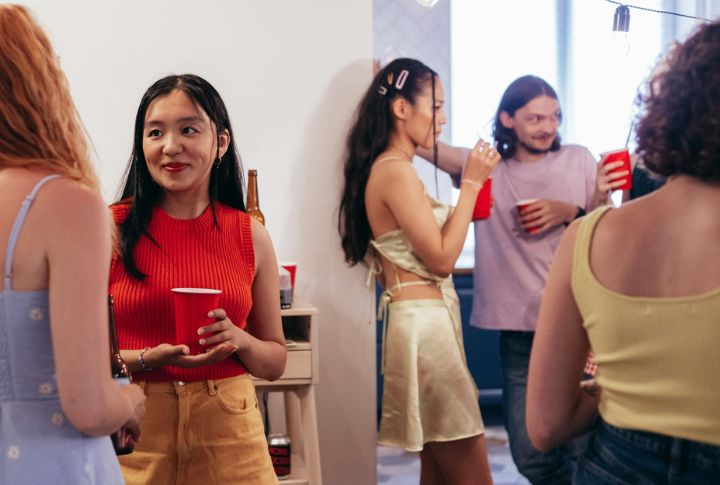
We’ve all seen it — that little laugh slipping out at the worst possible time. While it might come across as rude or odd, it’s actually a very human coping mechanism. Nervous giggles pop up when someone feels uneasy or anxious, especially in social settings where silence or tension feels unbearable.
Saying “Sorry” For Things That Don’t Need Apologizing
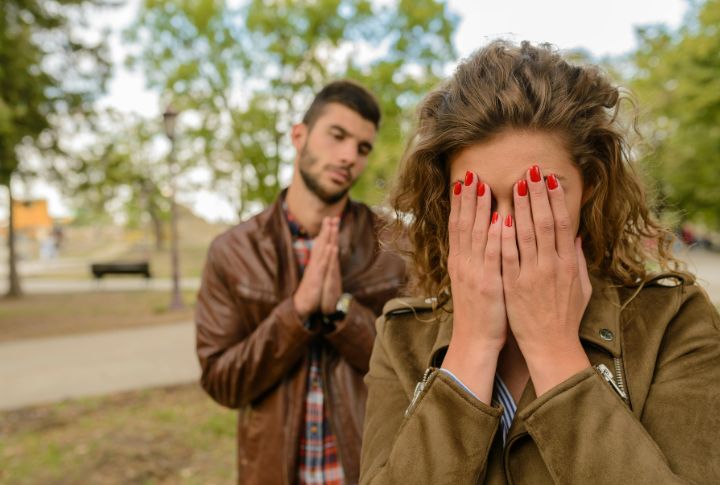
We’re sure you know at least one person who apologizes for things that don’t require it at all. It is surprisingly common, and unfortunately, this well-meaning reflex to smooth over discomfort can backfire. It eventually creates more awkwardness and leads to more apologies until you’re stuck in a loop.
Long, Uncomfortable Pauses After You Speak

The words leave your mouth, and suddenly, time seems to freeze, with each passing second feeling like an eternity of scrutiny. This classic hallmark of social anxiety stems from the mind’s tendency to overthink responses and fear negative judgment, which leads to moments where conversation flow stalls.
Bringing Up Oddly Specific/Off-Topic Facts Mid-Conversation

Struggling to read social cues means sometimes you blurt out an oddly specific fact mid-story — like penguin migration patterns in the middle of someone else’s coffee anecdote? Instead of building the conversation, these random insertions sometimes create disconnects that leave everyone unsure of how to recover.
Regularly Forgetting People’s Names/Faces Right After Meeting Them

Anxiety during those first moments pulls focus inward, making names and faces slip away almost instantly. Later, forgetting them can seem careless or disinterested, which only deepens the cycle of anxiety. Thankfully, memory tricks like visual associations or rhyming can break this frustrating loop.
Making Awkward Exit Moves
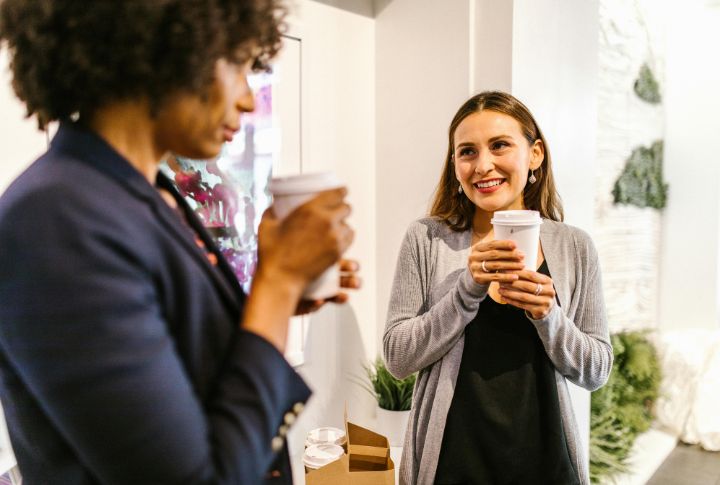
Ending a conversation smoothly can be tricky for anyone, but social anxiety makes it even harder. Instead of a graceful exit, people might linger awkwardly or make sudden, abrupt goodbyes. These behaviors often reflect discomfort more than disinterest, but they can still disrupt the conversation or the connection.
Overusing Self-Deprecating Jokes To Fill Silence

Socially anxious folks sometimes lean on self-deprecating jokes too heavily. What starts as a lighthearted quip can quickly spiral into a constant stream of self-mockery. And over time, it not only makes others uncomfortable but also reinforces low self-esteem that pulls you down in front of new people.
Repetitive Small Movements When Talking To Others
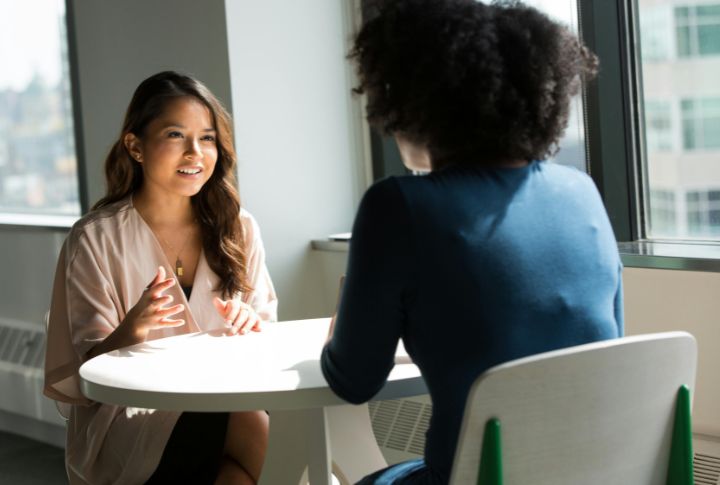
To outsiders, these movements might look like boredom or impatience, but they’re often signs of inner tension. For many, fidgeting is simply a physical outlet for nervous energy. New age tools like stress balls or fidget toys can help channel it more productively.
Forced Or Unnatural Small Talk

We’ve all had those moments when small talk feels stiff, almost rehearsed. For socially anxious people, conversations mostly turn into a set of memorized phrases delivered at the wrong time. Instead of smooth exchanges, the result is an awkward back-and-forth, which might even make an extrovert question their people skills.
Oversharing Personal Details With New Acquaintances
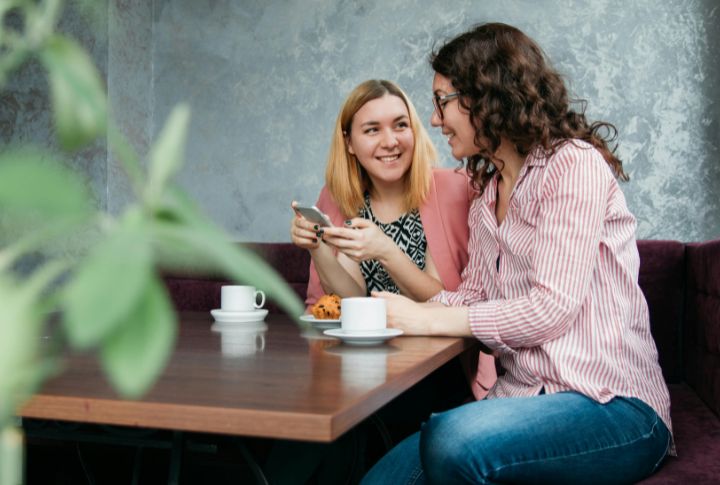
To deal with the awkwardness that comes with small talk, some folks feel pressured into oversharing in the name of forming a connection. But revealing far too much, too soon can be overwhelming, and ultimately, it only leaves the person regretting their words long after.

